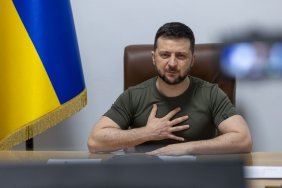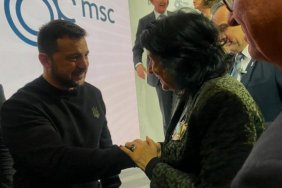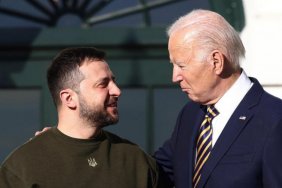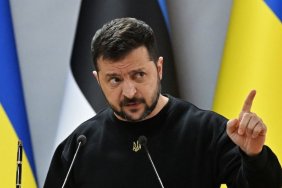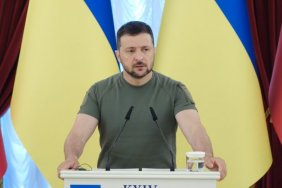Ukrainian President Volodymyr Zelenskyy stated that despite the challenging situation, Ukrainian forces maintain control in the Donetsk and Kharkiv regions. In a recent video address, after consulting with the commander-in-chief of the defense forces, Zelenskyy highlighted Russia's use of guided aerial bombs, underscoring the urgent need for additional air defense systems and new combat aircraft for Ukraine.
On May 20, in an interview with Reuters, Zelenskyy expressed frustration over the prolonged response time from Ukraine's Western partners regarding emergency military assistance, noting that each decision was delayed by approximately a year.
Zelenskyy emphasized the necessity of at least 120-130 fighter jets to counter Russian forces. He suggested that if immediate delivery of these jets was not feasible, NATO member states could intercept targets from their territories to protect Ukrainian civilians.
Zelenskyy pointed out that fear of escalation is a common concern among Ukraine's allies, who hesitated to act decisively while Ukrainian lives were lost. He condemned this attitude, stressing the human cost of inaction.
On May 10, Russian troops launched an offensive in the Kharkiv region, occupying over ten settlements in the north. By May 17, Zelenskyy reported that Russian forces had advanced up to 10 kilometers into the region. Meanwhile, Russian President Vladimir Putin announced the establishment of a "sanitary zone" in Kharkiv Oblast, stating that there were no plans to capture Kharkiv.


